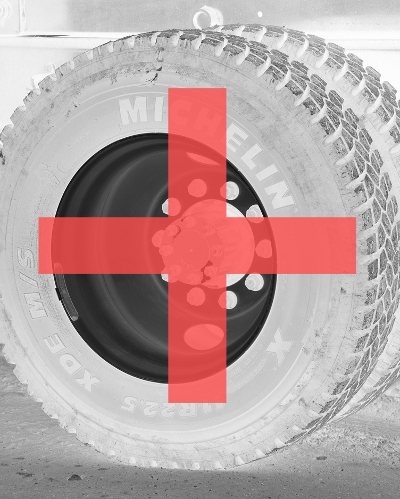Medical moves seen as too slow, disconnected
 Experts say supply chain issues are preventing vital shipments from getting where they are needed.
Experts say supply chain issues are preventing vital shipments from getting where they are needed.
A new paper says ten years after the 2005 Paris Declaration on Aid Effectiveness called for better coordination in the global fight against disease, global pharmaceutical supply chains remain fragmented and lack coordination.
Researchers have identified ten major challenges facing global pharmaceutical transport.
The research article - entitled “The top ten global health supply chain issues: Perspectives form the field” - has been published in Operations Research for Health Care, an academic journal.
It sheds light on the key areas of weakness and what specifically is needed to strengthen the pharmaceutical supply chains.
To identify issues, researchers interviewed and surveyed 22 individuals with various roles in supply chains and asked them to identify the “top ten” challenges.
The areas of concern were: lack of coordination; inventory management; absent demand information; human resource dependency; order management; shortage avoidance; expiration; warehouse management; temperature control; and shipment visibility.
“Lack of coordination in the GHPD [global health pharmaceutical delivery] supply chain is a root cause issue whose existence aggravates nearly every other issue director or indirectly,” according to the article.
The paper draws attention to the needs and opportunities in GHPD supply chains in an attempt to “drive future actions, policies, and research which can ultimately improve pharmaceutical delivery in developing regions and save lives”.








 Print
Print